What is a rose by any other name? Learning management systems abound in the training industry, and you’ve probably heard them called a few different things.
- Learning Management system (LMS)
- Learning experience platform (LXP)
- Talent development platform
- People development system
- Human capital management
There are many options to choose from. What all these platforms have in common is that they are designed to help you provide learning and development content to your workforce.
What Is an LMS?
"A learning management system is a software application for the administration, documentation, tracking, reporting, automation and delivery of educational courses, training programs, or learning and development programs."
Why You Need an LMS:
Tracking & Analytics
The benefit of an LMS is that it gives you an easy way to deliver knowledge and training information to your workers, as well as the ability to track and analyze their progress through training materials.
With the right LMS, you can provide a learning experience that workers enjoy, while also gaining important insights into their understanding of concepts, procedures, and rules.
You can use that data collected by your LMS to update your training program to better address the skills your workers need to do their current jobs, as well as develop within your organization.
That might mean adding off-the-shelf courses focusing on commonly requested professional development and soft skills topics, like communication skills, team productivity, leadership skills, conflict resolution, and more, or adding more video and microlearning content because you see that’s what your learners are engaging with the most.
Content Diversity & Personalization
An LMS supports content in many formats: text, video, audio, PDF, games, and more. You can publish traditional eLearning courses, microlearning, videos, job aids, and more.
The push for more personalized, interactive content has led to some platforms positioning themselves as a learning experience platform, not a Learning Management system. What’s important to focus on is not the name, but what the system can do.
The days of required, manager-mandated training are waning—today’s learner wants training personalized to their needs, that they can engage with both online and offline to gain real-world experience. Incorporating a wide variety of training media and building these into the learning paths in your LMS is one ways to provide that engaging, personalized experience.
When choosing an LMS, look for a platform that makes it easy to automate course recommendations and enrollments, plus allows learners to share and collaborate on learning recommendations.
Return on Investment
If you want to invest in your workforce this year, invest in an LMS. Yes, the upfront cost of an LMS may seem high, but the return on investment of a learning management system is worth it.
An LMS is a one-stop repository of all your company training content, a searchable knowledge base that grows with your organization and ensures that skills and knowledge aren't lost when workers retire or leave for a different opportunity.
In addition, an LMS decreases your in-person training costs and can shorten the time workers are spending on training by allowing them to test out of content they already know. This allows them to spend more time on productive tasks that increase your bottom line.
Want to see an LMS in action? Request a demo of our LMS now.

_Blog%20Featured%20Image%20800x500.png)






